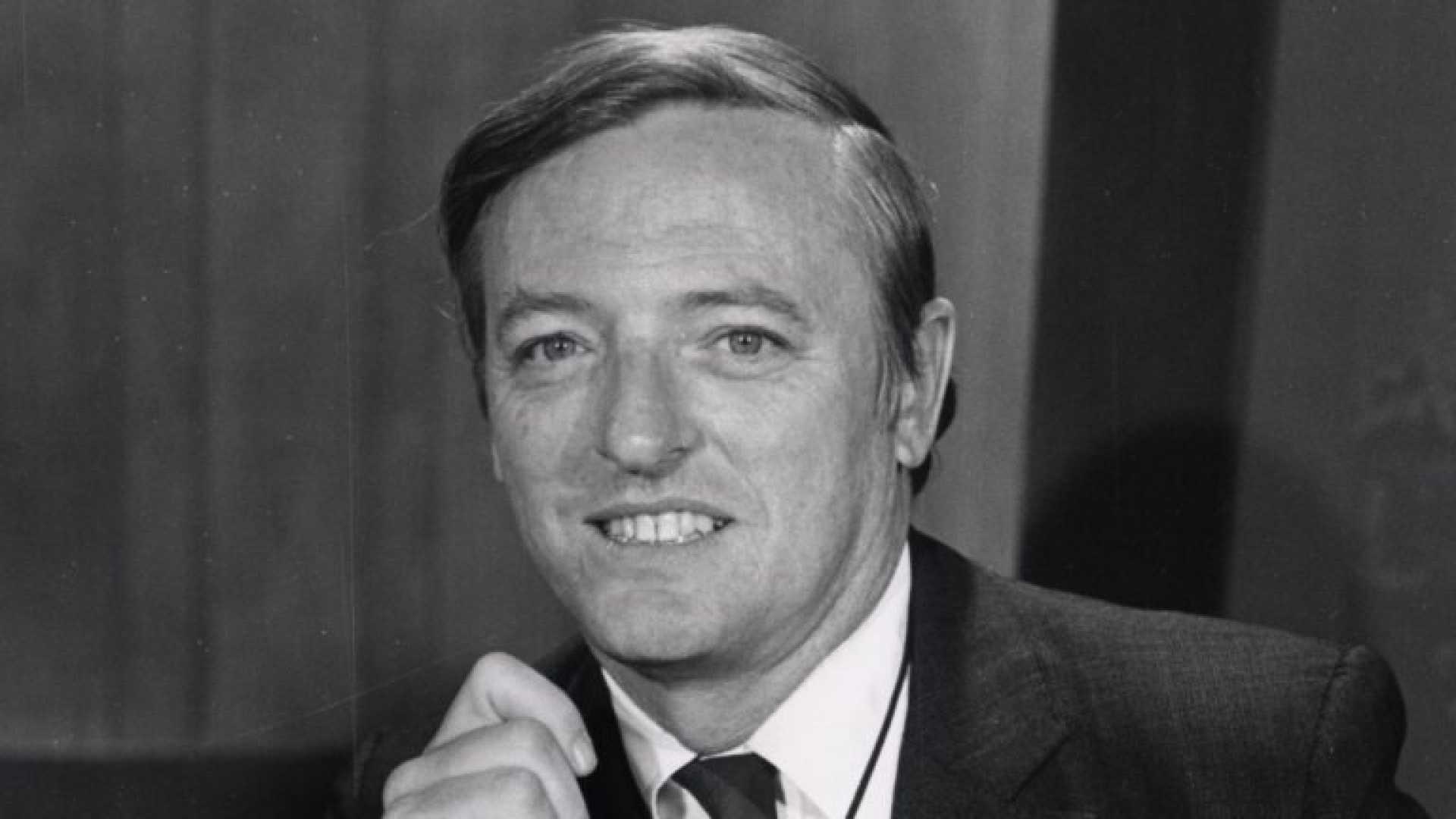Politics
Sam Tanenhaus Explains the Enduring Legacy of William F. Buckley Jr.

NEW YORK, N.Y. — The June issue of The Atlantic features an excerpt from Sam Tanenhaus’s biography of conservative intellectual William F. Buckley Jr. The book, titled “Buckley: The Life and Revolution That Changed America,” is set to be published by Penguin Random House on June 3.
Buckley is renowned for shaping modern American conservatism, transforming the Republican Party from the era of Eisenhower to that of Reagan. Tanenhaus highlights Buckley’s notable accomplishments, including his authorship of 50 books and his television program, “Firing Line,” which first aired in 1966.
“WFB—or Bill Buckley, as he preferred—was a myriad of personalities,” Tanenhaus said in an interview. “He influenced political discourse through a charismatic style and an intellect that engaged across party lines.”
One of Buckley’s most significant contributions was his 1951 book, “God and Man at Yale,” which criticized the university’s ideological trends. Buckley’s insight resonated with contemporary critiques of similar institutions.
When asked what made Buckley tick, Tanenhaus cited his upbringing. “His family, culturally southern and devoutly Catholic, instilled values that shaped his worldview,” he explained. Buckley often demonstrated a unique blend of congeniality and intellectuality, being lauded as “one of the best conversationalists.”
However, Tanenhaus noted that Buckley faced criticism for not fully articulating a coherent conservative philosophy throughout his career, despite influencing pivotal figures like Ronald Reagan. “The ideological basis of his conservatism lacked clear definition, which was a disappointment for himself and his allies,” said Tanenhaus.
The peak of Buckley’s influence arguably coincided with Reagan’s election in 1980, an achievement Tanenhaus refers to as a personal triumph for Buckley, who had mentored Reagan since the early 1960s. Despite this success, Buckley observed the Republican party shifting towards a more populist approach, contrasting sharply with his intellectual conservatism.
<p“As populism gained traction, Buckley found himself a reluctant supporter of certain conservative causes, which he might not have endorsed earlier,” Tanenhaus said. He emphasized the complexities of Buckley’s legacy as a political thinker, embracing the contradictions present within movement conservatism.
Ultimately, Tanenhaus concludes that Buckley’s impact on American conservatism endures, as his debates and writings continue to influence right-wing discourse. “Bill was always about winning the debate, and he did that in a way few others could,” Tanenhaus summarized.












